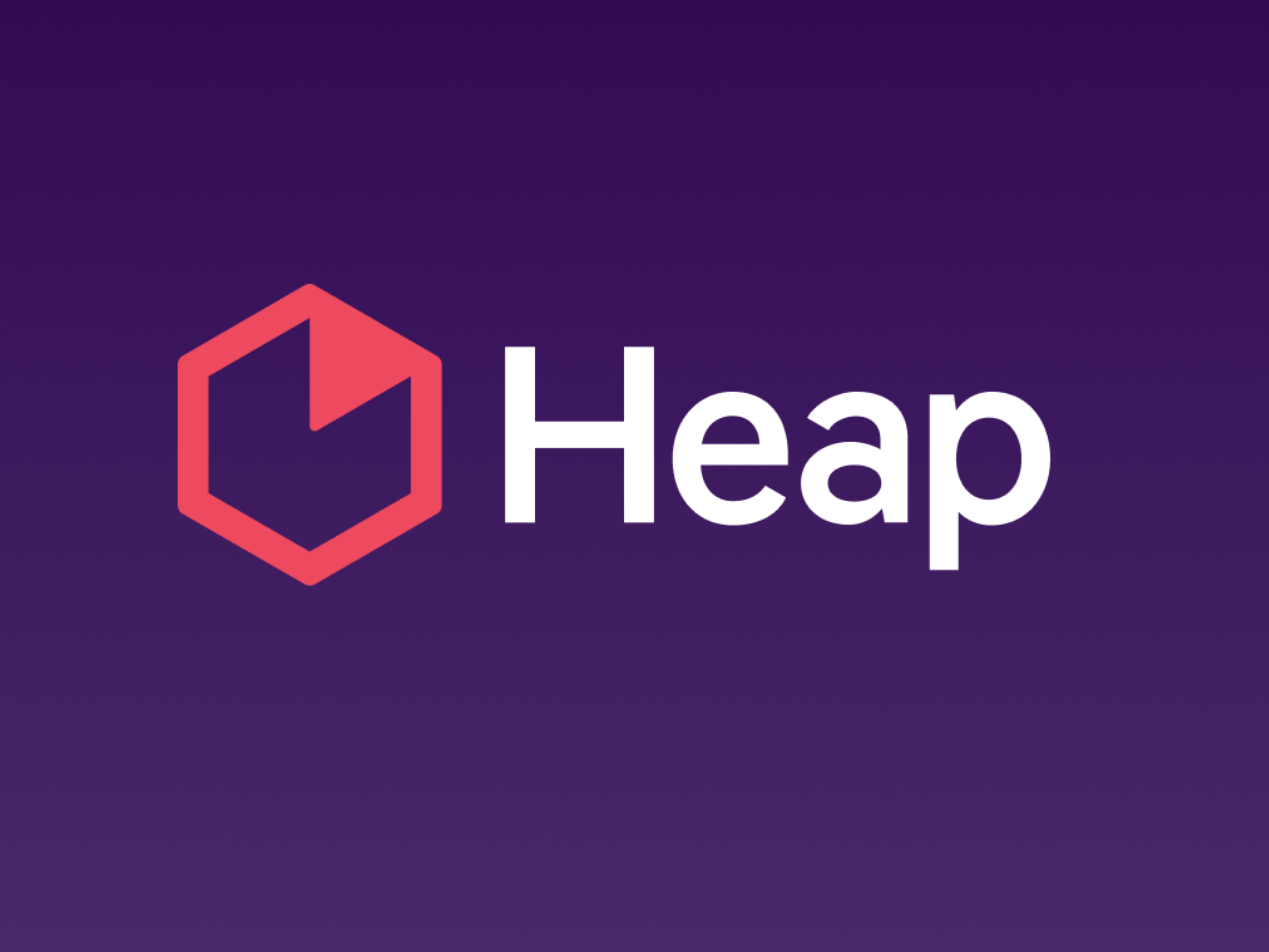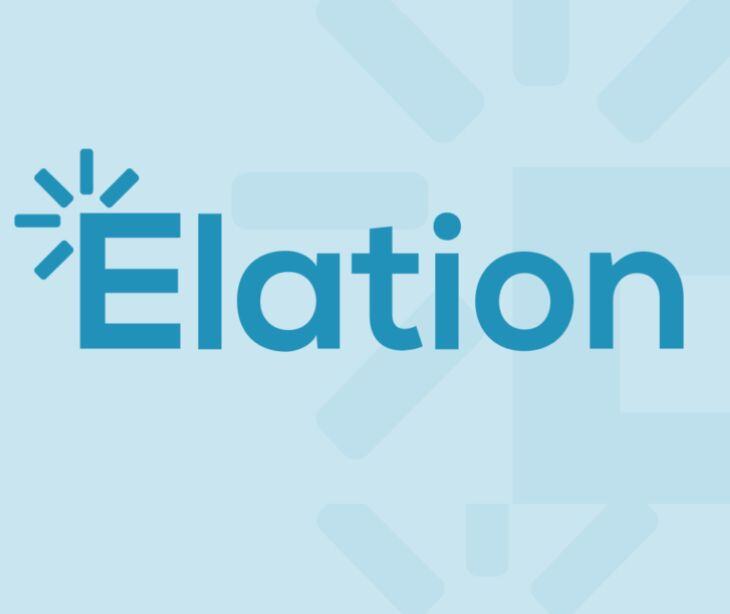
Heap is a digital insights platform that provides tools for automatically capturing and analyzing user interactions across websites and mobile applications.
With Heap, organizations can understand customer behavior, identify friction points, and optimize user experiences. This helps businesses improve conversion rates, enhance product engagement, and make data-driven decisions to drive growth.
Is Heap HIPAA compliant? Yes, based on our research, Heap can be HIPAA compliant.
Will Heap sign a business associate agreement (BAA)?
Yes, Heap will sign a business associate agreement, which can be reviewed by contacting their sales team.
What does the Heap BAA cover?
The Heap BAA covers the use and disclosure of protected health information (PHI), stating, “'Heap is GDPR compliant and can be configured to meet HIPAA and COPPA compliance standards.”
Conclusion
Heap signs a BAA and is, therefore, HIPAA compliant.
Learn more: HIPAA Compliant Email: The Definitive Guide
FAQS
What is a business associate agreement?
A business associate agreement (BAA) is a legally binding contract establishing a relationship between a covered entity under the Health Insurance Portability and Accountability Act (HIPAA) and its business associates. The purpose of this agreement is to ensure the proper protection of personal health information (PHI) as required by HIPAA regulations.
What is HIPAA?
The Health Insurance Portability and Accountability Act (HIPAA) sets national standards for protecting the privacy and security of certain health information, known as protected health information (PHI).
HIPAA is designed to protect the privacy and security of individuals’ health information and to ensure that healthcare providers and insurers can securely exchange electronic health information. Violations of HIPAA can result in significant fines and penalties for covered entities.
Who does HIPAA apply to?
HIPAA applies to covered entities, which include healthcare providers, health plans, and healthcare clearinghouses. It also applies to business associates of these covered entities. These are entities that perform certain functions or activities on behalf of the covered entity.
Subscribe to Paubox Weekly
Every Friday we'll bring you the most important news from Paubox. Our aim is to make you smarter, faster.



